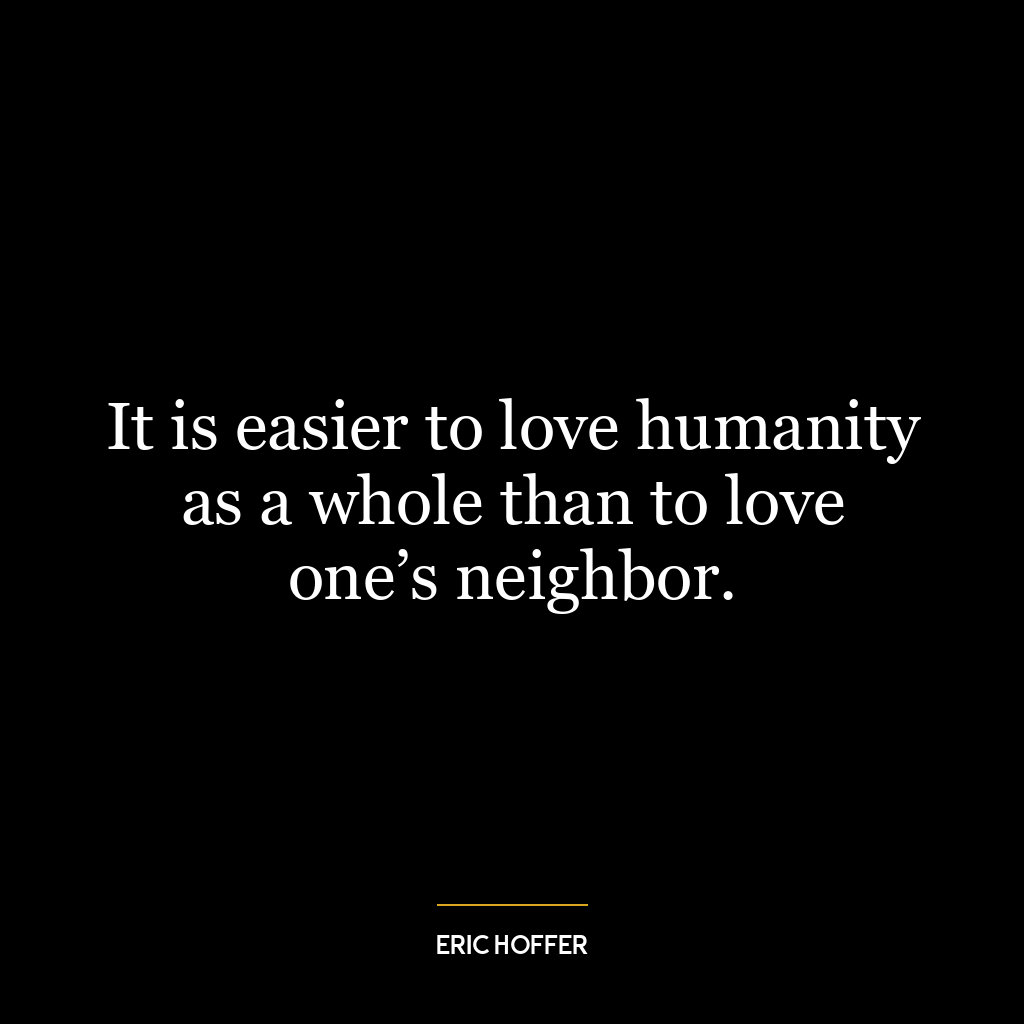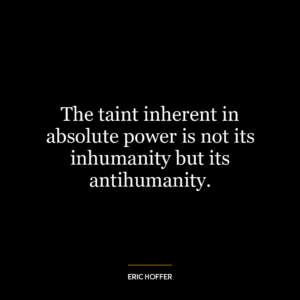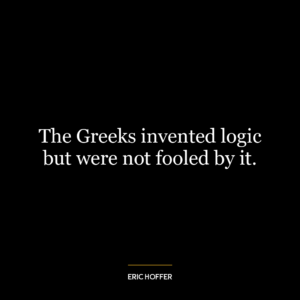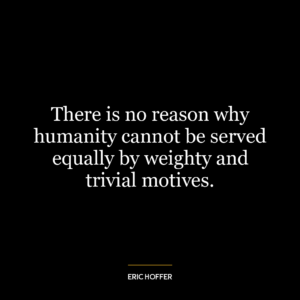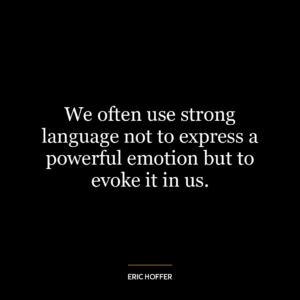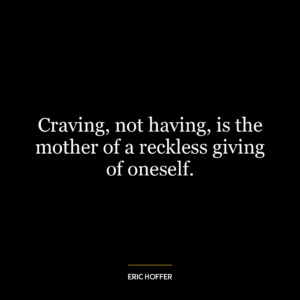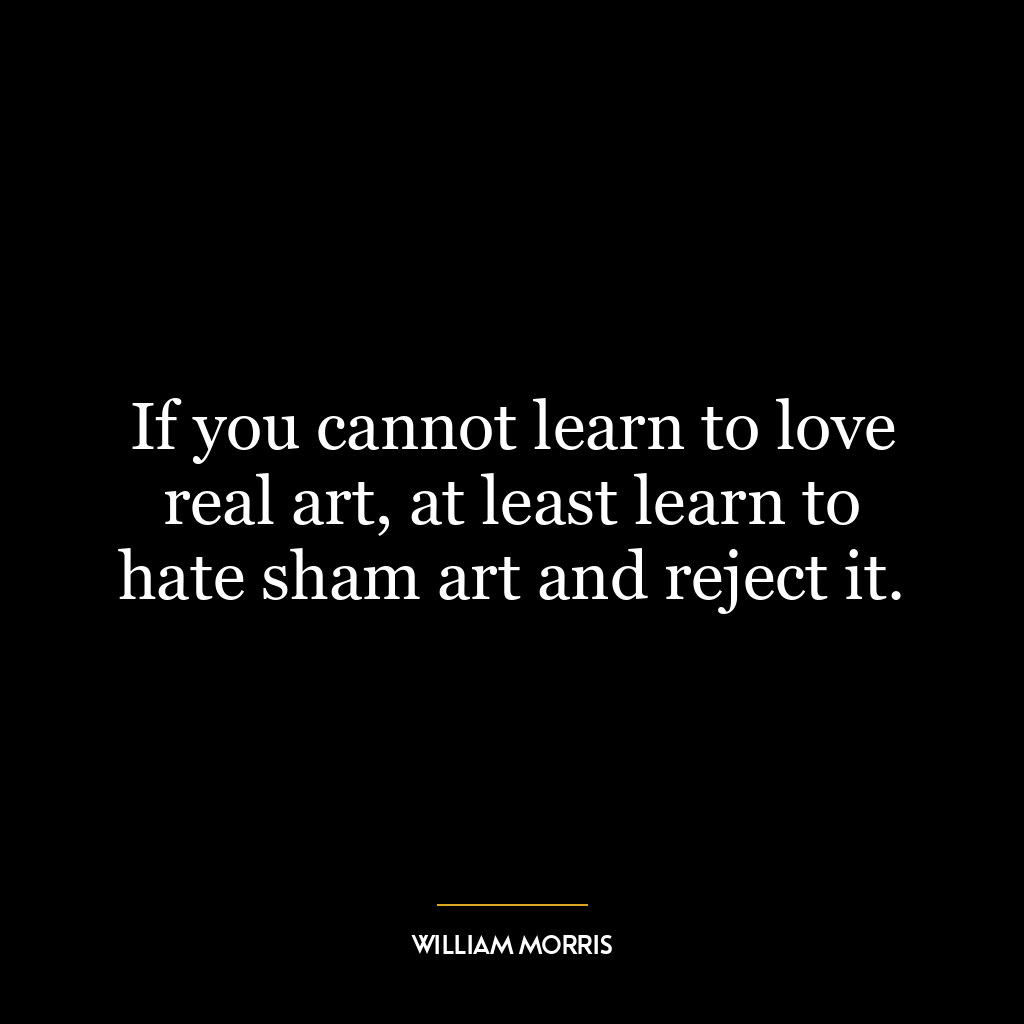It is easier to love humanity as a whole than to love one’s neighbor.
This quote highlights the paradox of human emotions and relationships. It’s suggesting that people often find it simpler to express general love or compassion towards humanity as a whole, rather than directing those feelings towards the individuals they interact with on a daily basis. This could be because humanity as an abstract concept doesn’t have flaws, doesn’t argue back, and doesn’t challenge one’s patience or understanding in the way that interpersonal relationships often do.
When we claim to love humanity, we are often expressing an idealistic sentiment, a broad and encompassing empathy for all people. However, this can sometimes be a way of avoiding the more challenging, but perhaps more meaningful, task of showing love to those around us, with all their imperfections and complexities.
In today’s world, this quote can be seen in the way people often show enthusiasm for global causes or social movements, while struggling to show kindness and understanding in their personal relationships or local communities. It’s easier to tweet about global poverty or climate change than it is to help a struggling neighbor or make personal sacrifices for the environment.
In terms of personal development, this quote challenges us to focus on the quality of our immediate relationships and interactions. It reminds us that true compassion and understanding begin at home, with the people we interact with every day. It’s a call to be more patient, more understanding, and more loving in our personal relationships, even when it’s difficult. It’s about recognizing the value of individual relationships and the impact they have on our lives and the world around us.

